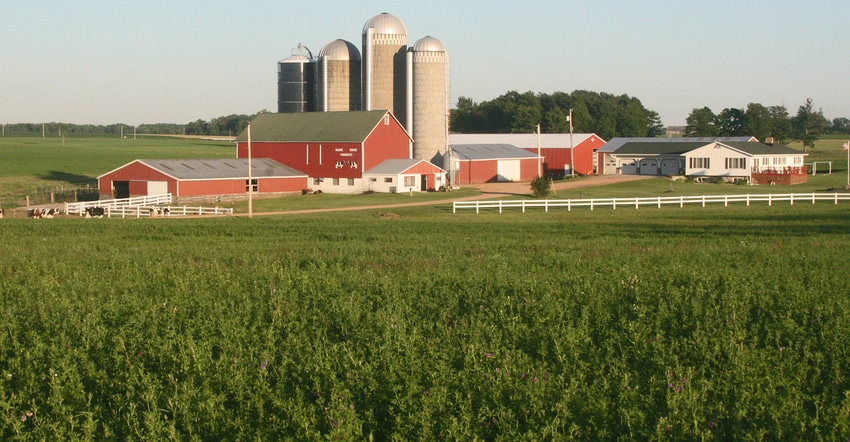October 4, 2017

My husband and I have four children. We farm 1,000 acres and milk 75 cows. Our oldest son is a senior in high school. He wants to farm when he graduates next spring, but my husband and I think he should go to college and get a four-year degree, or an associate’s degree from a tech school and work a few years off the farm. We’re hoping by then the farm economy will be a little brighter, and in the meantime, he will have earned a degree, worked for someone else for a few years and decided if he still wants to farm. Our question is, how do we convince him this is what he should do? He doesn’t seem to want to listen to us. Who can he talk to to figure out where he should go to school and what he should get a degree in? He only seems interested in farming.
Hodorff: Your idea of having your son go to college and get a degree is a good one. Your question was how do you get him to listen? You should make it clear that this is what he has to do to become a partner in the business. Having a job away from the farm helps develop skills needed to manage people and cattle. Your son may not understand, but he will benefit from this experience. I would suggest a degree in business management. You should explain to him that education will not only help him, but will help you as well, as it will help make your business more successful.
Miller: This is a great time for a discussion about your dairy business and what it would take for your son to be involved as labor, management and/or ownership in the future, including the education needed to operate the business. Areas of study include: management, animal husbandry, genetics, nutrition, machinery operation and maintenance, soil science, nutrient management, public relations, negotiations and many others. You may also show him the finances and explain the challenge for the business to take on another wage earner and/or partner.
This discussion may also include how much more value he could bring to the business if he received an education — either a four-year degree, Farm and Industry Short Course or associate’s degree — and learned other management styles by working off the farm. Ask your current suppliers if they would be interested in having a conversation with your son, such as your veterinarian, banker, nutritionist, crop consultant or AI technician. They can provide perspective from visiting with a large number of farm operations. They can also recommend other farm clients where your son could potentially work or get an additional opinion. At the end of the day, it is your son’s choice if he wants to go to college, but it is your choice whether to hire him for your business. Good luck with your conversation.
Wantoch: I believe there is always knowledge to be gained, no matter your age and stage in. I am always learning something new, whether it’s professional development for my job or hearing about what my daughter learned at school that day. We all know that sometimes children don’t always listen to their parents, despite having their best interest in mind. I would encourage you to find someone your son can relate to and might consider as a mentor.
Is there a neighboring farmer who might have stayed home on the farm but wishes he or she had gone to college? Or maybe someone who left the farm only to return a few years later after learning new skills while pursuing a degree? Check with your local farm organization, technical college or farmer-led groups for help. You might also suggest that by attending college, he may make connections with people who have similar interests and can serve as peers to each other in the future. The future is bright for whatever your son decides to pursue.
Agrivision panel: Doug Hodorff, Fond du Lac County dairy farmer; Sam Miller, managing director, group head, agricultural banking, BMO Harris Bank; and Katie Wantoch, Dunn County Extension ag agent specializing in economic development. If you have questions you would like the panel to answer, send them to: Wisconsin Agriculturist, P.O. Box 236, Brandon, WI 53919, or email [email protected].
You May Also Like




